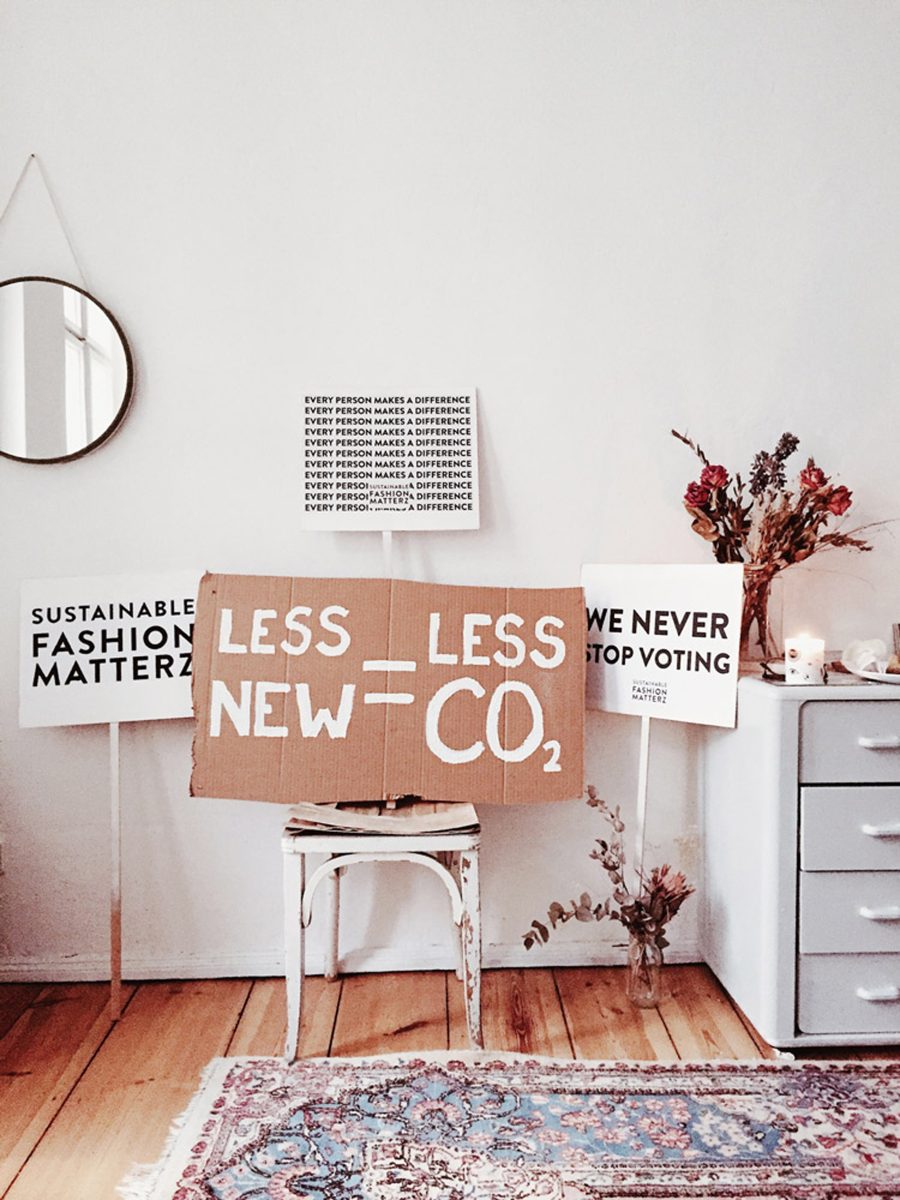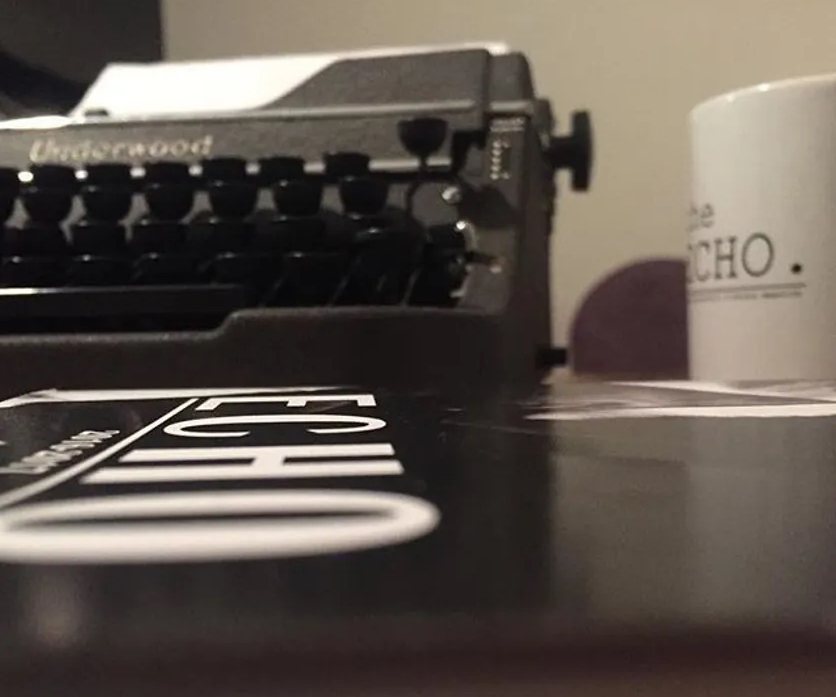Every day, we think about clothing. Every day we make decisions about what we put on our bodies. We choose what to buy based on price, quality and aesthetics. These decisions may seem small, but they have a big impact on many lives and our planet. Fast/unethical and slow/ethical/sustainable fashion are a part of this impact.
So, what is fast fashion? Fast fashion companies produce massive amounts of clothing, which are lower quality, cheaper, follow runway trends, and unethically made (involving cheap labor in developing countries often having dangerous and unethical working conditions). Brands like Shein, Asos, Forever 21, H&M, Zara and more participate in fast fashion. Shein is even considered ultra-fast fashion because of how quickly they produce clothing, on average adding 2000 new items to their website weekly. These companies usually do not disclose where or how they make their clothing. Some working conditions in fast fashion are considered slave labor since people can be working up to 18 hours a day all week. This is harmful to these workers, as their health and human rights are at risk.
Environmentally, fast fashion is harmful because of the materials and methods used to produce clothes. In a Vox article about Shein, writer Terry Nguyen states,
Plastic microfibers can end up in our food and water, and are harmful when consumed.
Sustainable fashion is an emerging solution to the environmental and social injustices of the clothing industry. Brands like Patogonia, Wolven Threads, Girlfriend Collective, CHNGE, Purusha People, and many more fall under the category of sustainable fashion. These brands make an effort to be transparent, usually have sustainability certifications, and are committed to being environmentally friendly and ethically made, providing living wages and safe working conditions. For example, CHNGE is 100% transparent about who makes their clothing and how it is made, while clothing from Wolven transforms plastic from our oceans into quality material with P.E.T. fabric.
Fast fashion companies often imitate this effort in a misleading way. They will advertise environmentally friendly ideas without changing anything about their company. This process is called greenwashing. Shein and H&M are the two most well-known brands for perpetrating these lies. Shein was recently outed for paying clothing makers in China roughly $1.11 per item they make, causing workers to take up 18-hour shifts to earn enough money to support themselves. In response to outrage over this news, Shein took a page from H&M’s greenwashing handbook by launching a resale site. While reselling preowned items is usually a sustainable solution, the items produced by fast-fashion corporations are too poor quality to last longterm.
You might be thinking: What can we do about these issues? Am I at fault?
The short answer is no. It is not the fault of the individual, and we can do something about it. Awareness is an important first step. Although it is not always convenient, we can shop second hand and from small businesses. We can also make choices to buy high quality staple pieces that will last for years from sustainable fashion brands, and avoid fast fashion when possible. Another way we can be sustainable consumers is by consuming less and honoring the makers of the pieces we already own. Sharing this information with others can also make a huge impact!











































